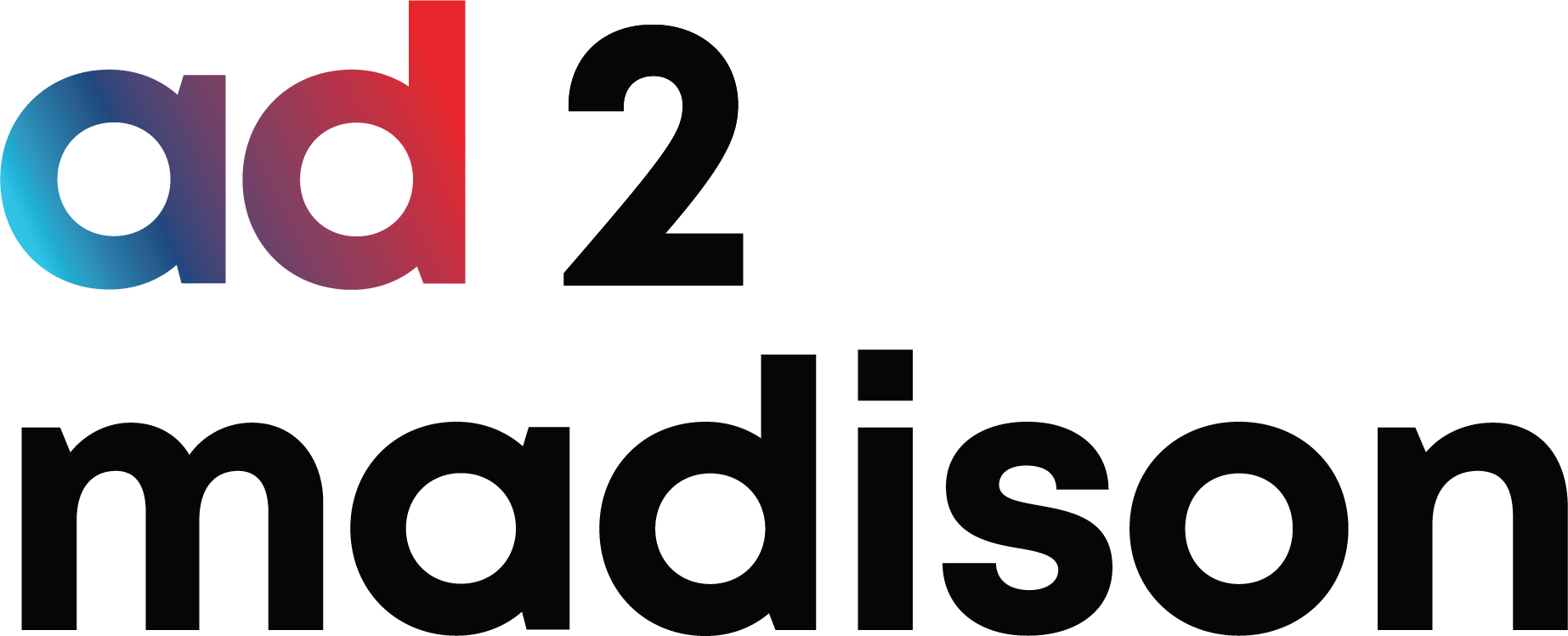Young professionals have unique mental health challenges, many of which have been exacerbated by the COVID-19 pandemic. Many struggle with low pay but increased housing costs and living expenses, especially in large cities. And during the pandemic, newly hired talent has often been the first to go in layoffs.
The Centers for Disease Control and Prevention found in a recent study that 63% of 18-to-24-year-olds reported symptoms of anxiety or depression. 25% reported increased substance use to deal with that stress and 25% said they’d seriously considered suicide.
Folks early in their careers are at a higher risk for developing mental illness. 50% of all lifetime mental illnesses develop by age 14, and 75% develop by age 24, notes the National Alliance on Mental Illness.
We on the Ad 2 Madison board believe these challenges and struggles we face, as well as the potential solutions, should be openly talked about. We don’t shy away from having open conversations about our mental health and think that this leads to breaking apart harmful stigmas and helping others find their own solutions. Sharing is caring! Even if we feel like we can’t share concerns at our jobs, we always know the board, comprised of all young professionals, is a safe space for these topics.
 Take this one step further and know that it is OK to not be OK right now. We are living through a once-in-a-century pandemic, in addition to everything else that happened in the last year: political turmoil and a riot at our nation’s Capitol, a civil rights movement for Black lives, and lay-offs that have led to remarkable levels of unemployment. We have had added levels of stress from all angles in the last year, so if you are struggling with feelings of sadness, anger, anxiety, or stress, know that is normal and OK!
Take this one step further and know that it is OK to not be OK right now. We are living through a once-in-a-century pandemic, in addition to everything else that happened in the last year: political turmoil and a riot at our nation’s Capitol, a civil rights movement for Black lives, and lay-offs that have led to remarkable levels of unemployment. We have had added levels of stress from all angles in the last year, so if you are struggling with feelings of sadness, anger, anxiety, or stress, know that is normal and OK!
During the COVID-19 pandemic us Ad 2 Madison members have been open and honest about challenges we face and if we need support. Those already in therapy give insights and encourage others to seek it as well. (It really is the best. Now there’s a side conversation pretty much every board meeting about the incredible benefits of therapy.) Along with therapy, and in consultation with your therapist and health care provider, medication is also an option and should never be stigmatized.
Most individuals in marketing, advertising, and communications have been working from home now for more than a year. This can lead to poor work-life balance. While working late happens, don’t let it become a habit. Make sure you give yourself time each day to “shut off” from work, including taking a lunch break — REALLY sign off (we mean it!) and stop checking emails and doing work.
While at work, focus on what you can control and accomplish, acknowledging there are only a certain number of hours in a day. Set realistic goals and expectations for yourself and take your workday one action item at a time. This can help prevent you from feeling overwhelmed.

Madison sunsets are spectacular ways to take a moment to meditate and unwind from the day.
What you eat is also important. Maybe you love #mealprep or instead enjoy putting something together each evening. Whatever your preference, try to make nourishing yourself something relaxing rather than a chore. And always have healthy, easy, grab-n-go snack and meal options on hand, if you can. And, don’t forget to take time for yourself, whether that be in the evening, on a weekend, or taking some PTO. Let go of any guilt and take the necessary and well-earned time to recharge.
Exercise or getting outside is also key. With summer around the corner, this is much easier and can be a great transition from the work day to evening. A scenic walk, run, bike, or kayak (you name it!) can help clear the mind. While it can be difficult when the weather is colder, get out those layers for a walk outside or do a YouTube search for indoor workouts. Several of our board members invested in inflatable kayaks, snow shoes, and other equipment to help encourage getting outside. Exercise can also help you think more clearly and tire out an anxious mind. If you have trouble sleeping at night, try a hard work out after work.
Speaking of sleep, a nighttime routine is essential to falling asleep on time and staying asleep. Try to put that pesky phone away up to an hour before your bed time to help your mind transition to sleep. Develop a habit like perusing a magazine, reading a book, or having a cup of tea (no caffeine!), to help your brain know that sleep is coming. Our brains LOVE routine.
For more ideas for mindfulness and self-care, see our board member profiles. We hope to hear about how you’ve been doing at an event soon or check out this upcoming event from Ad 2 Kansas City. Most importantly, this is a time to be kind to yourself. Give yourself space and grace. You will not be perfect and that is OK — we are all in this together.
If you or someone you love is struggling with suicidal thoughts, please contact the National Suicide Prevention Lifeline at 800-273-8255.

